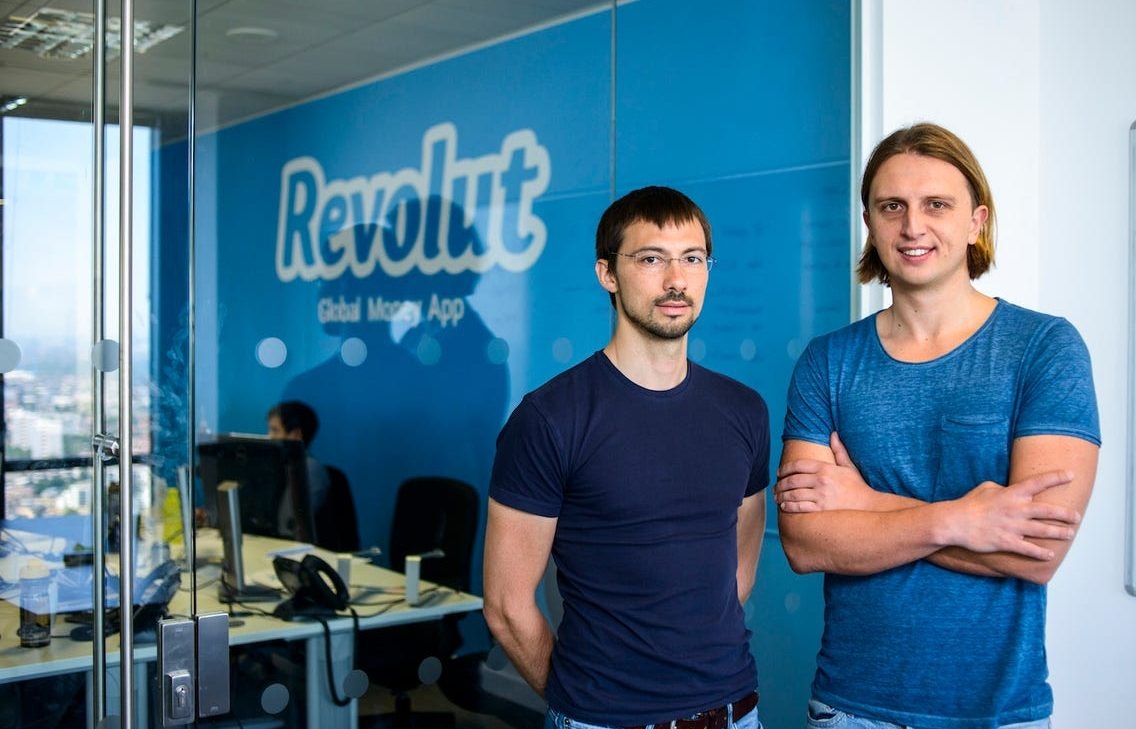The startup world is rife with cliché. Whether it’s WeWork’s ‘Do What You Love’ or merch emblazoned with ‘rise and grind’, tech workers rarely have to look far for a cringeworthy maxim that’s supposed to illustrate the fastest road to success.
But there’s one which riles me more than any other: ‘trust your gut’. Founders, CEOs and VCs are constantly told to put their faith in their own instincts and rely on these vague internal barometers to steer them in the right direction. But instead of guiding startup leaders towards the light, reliance on gut-trusting can take us down a damaging path. It’s a one-way ticket to making your company less diverse.
Reliance on gut-trusting can take us down a damaging path. It’s a one-way ticket to making your company less diverse.
When it comes to some of the most crucial elements of building or investing in a startup — leadership, hiring, promotion, culture — trusting your gut could not be farther from what’s needed. Why? Because your gut is inherently, unconsciously biased. It likes what it knows and it knows you best. It means we’re wildly predisposed to hire, promote, and favour people who look and sound like ourselves.
The research around bias in decision making is extensive. We’re constantly making choices through the lens of ingrained biases that we rarely notice or acknowledge. This might be attribution bias, when we are more forgiving of ourselves than others, or succumbing to the halo effect — when we allow a positive or negative first impression to shape all subsequent judgements of a person.
Railing against bias could not be more important for the disproportionately white and male industries of tech and VC. 80% of VCs are white and 62% are men. Just 3% of VC-funded founders in the UK identify as Black and all-female founder teams get just 1p of every £1 invested by VCs. The UK currently has a 13% ethnic minority pay gap. The stats go on and on.
Bias is keeping our industries from reaching their full potential. And, despite the clear evidence that diverse teams are more successful, the pace of change is woefully slow.
The winds of change
But a different way of doing this is within our grasp and some people are starting to get it right. Startups such as Habito and DeepCrawl are ditching gut-feel and embracing tech-enabled, de-biased hiring approaches and seeing their teams thrive as a result. Bigger tech businesses, such as HP and Microsoft, are also setting out more ambitious targets around diversity after decades of poor leadership on the issue. Programmes like Diversity VC and funds including Ada Ventures and January Ventures are leading the charge on the investment side.
And startups aiming to solve the problem with tech tools are becoming increasingly mainstream too. The company I head up, Applied, is a tech platform that de-biases the hiring process. By proactively removing opportunities for bias to creep in, we see the success rate for job seekers who identify as an ethnic minority increase up fourfold. (Although it’s worth noting that poorly built tech can do the opposite — LinkedIn recently had to build an AI to override its own AI, because it was favouring men for roles after learning to replicate existing recruitment biases.)
How to assess for bias
To begin your journey towards removing bias and allowing diversity to thrive, I would first assess three key areas:
- Assess your advertising and shortlisting process: are there simple steps you could take to level the playing field, such as assessing job ads for gendered language or removing names, genders and universities from applications? And are you relying on your network to source candidates, or sharing opportunities as widely as possible? If you’re not talking about the job in the right way, or in the right places, you’ll immediately narrow your pool of candidates.
- Assess what you value: people should be valued on their skills and ability to do the job. But too many of us are swayed by the status of companies people have worked for previously, or dissuaded by less-than-conventional CV trajectories. Review your interview and assessment processes and centre them around skills candidates specifically need for that role. Provide the opportunity for people to showcase their talents rather than seek out ‘common ground’ you can bond over. One simple way of doing this is using a ‘work sample test’.
- Assess who makes the decisions: you need diversity of thought and experience in the room where the decisions are made. Bring in a wider pool of people into the decision-making process, randomise the order in which candidate answers are assessed, and employ a scoring system which can be peer reviewed. Crowd-sourcing decision making (whilst, crucially, avoiding groupthink) will reduce your opportunity to let your instincts shape the team around you.
Your gut is working against what all the evidence shows is the best thing for your business or portfolio. It’s time to stop giving it the credence it’s become accustomed to and replace it with evidence-based systems which will help you make better, fairer choices. If we don’t, we’ll never usher in the era of genuine diversity we all know is needed.
Khyati Sundaram is CEO of de-biased hiring tech startup Applied.


